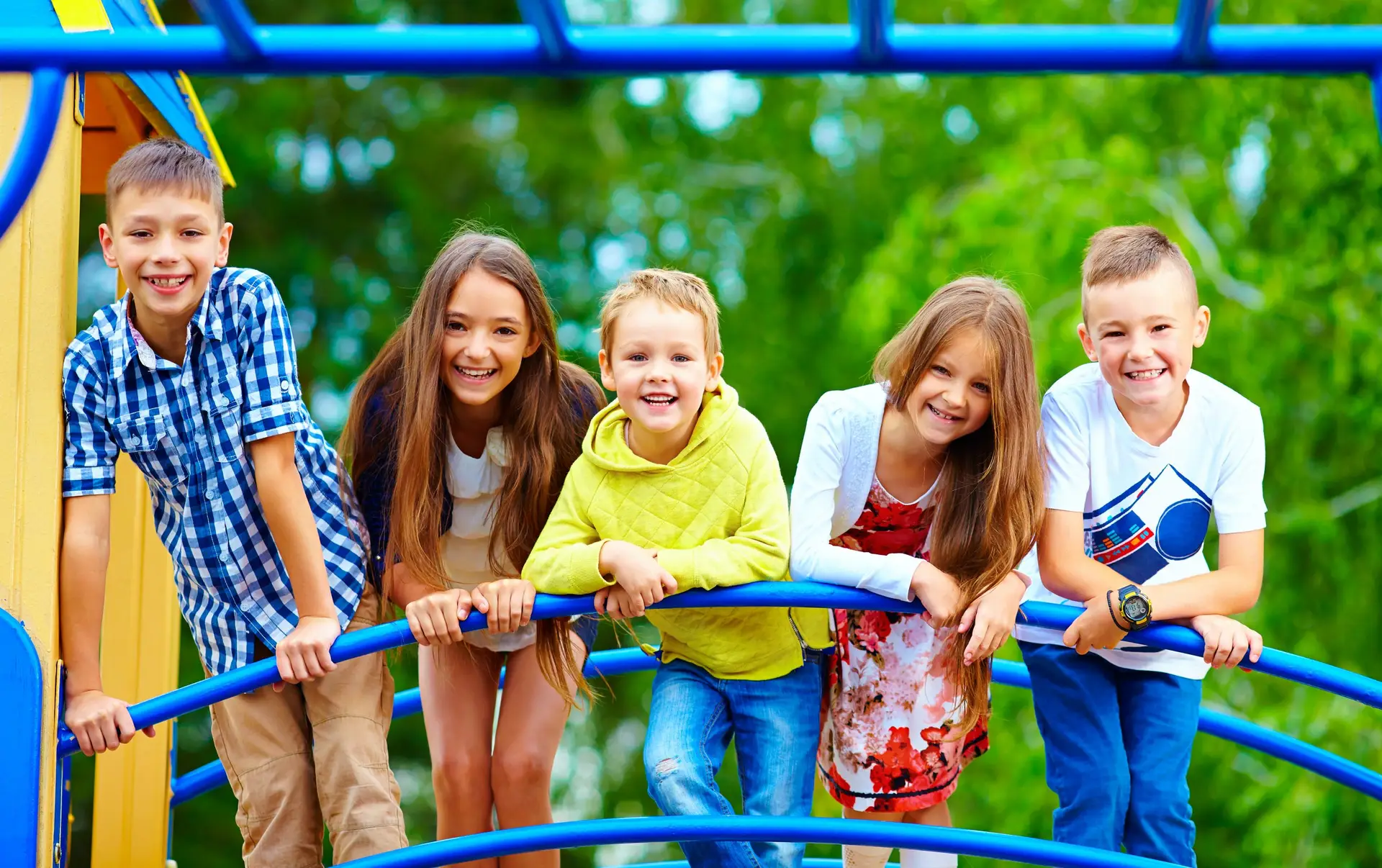Play seems to be another one of those things that we adults have done away with. After you become an adult, fun is no longer allowed (at least it certainly seems that way sometimes). We could all benefit from a little more play in our lives. In fact, playtime for kids is essential for their development. But why is playtime important in child development? Let’s look at a few reasons.
Why is Playtime Important?
Playtime isn’t usually the first thing we think of when we’re trying to encourage our kid to learn and grow, but playtime actually helps the developmental process. Here’s how:
Encourages Creativity and Imagination
Playtime gives kids the chance to express themselves and dream up all sorts of stories, games, and activities. Do you remember the inventions you came up with as a kid? Or the creations you made with clay or Legos? These activities helped you cultivate your creativity and find the things you really enjoyed. If kids don’t have playtime, they don’t get their own chance to discover what they can create and do on their own, and they don’t get that essential practice with using their imagination.
Builds Social Skills
Children learn basic social skills when they play together. Kids’ playtime teaches them how to share and play nicely with other children. They can also learn valuable skills like making new friends and helping others (even without you prompting them!). When you leave kids to themselves, you might be surprised with how they start to interact with one another. These social skills developed during playtime will give them the foundation they need to keep learning how to interact with others as they get older.
Helps with Processing Emotions and Concepts
As a kid, there’s a lot of new things to experience, and playtime helps kids have those experiences. For example, children playing outside discover all sorts of new textures, smells, and feelings and begin to process all of those experiences. As kids play with other children, they learn to process emotions like disappointment when they lose a game, pride when they win, or even pain if they take a little fall.
It’s important for children to be able to take both wins and losses well. Learning from failures and not over-inflating their ego after a win are essential skills that games can provide. With their clear rules on how to win, board games are an excellent way to practice being the right amount of competitive. It’s good to want to win, but not at the expense of your relationship with your fellow players. As your children experience the emotions that come with playing, they learn to manage them as well.
Stress Reducer
As you’ve probably experienced, play can be a great way to reduce stress. Though kids might not experience extreme levels of stress, they still have the stress of school, friends, and everyday life to deal with. Kids’ playtime helps them take their minds off of any stress they might be feeling. And one-on-one play also helps kids to create better relationships between parent and child, also helping to reduce stress.
So next time you’re worried your kids might be playing too much and not getting enough “learning time”, rest assured that they are learning through their play. And for more tips on how to help kids learn and grow, check out Troomi!

